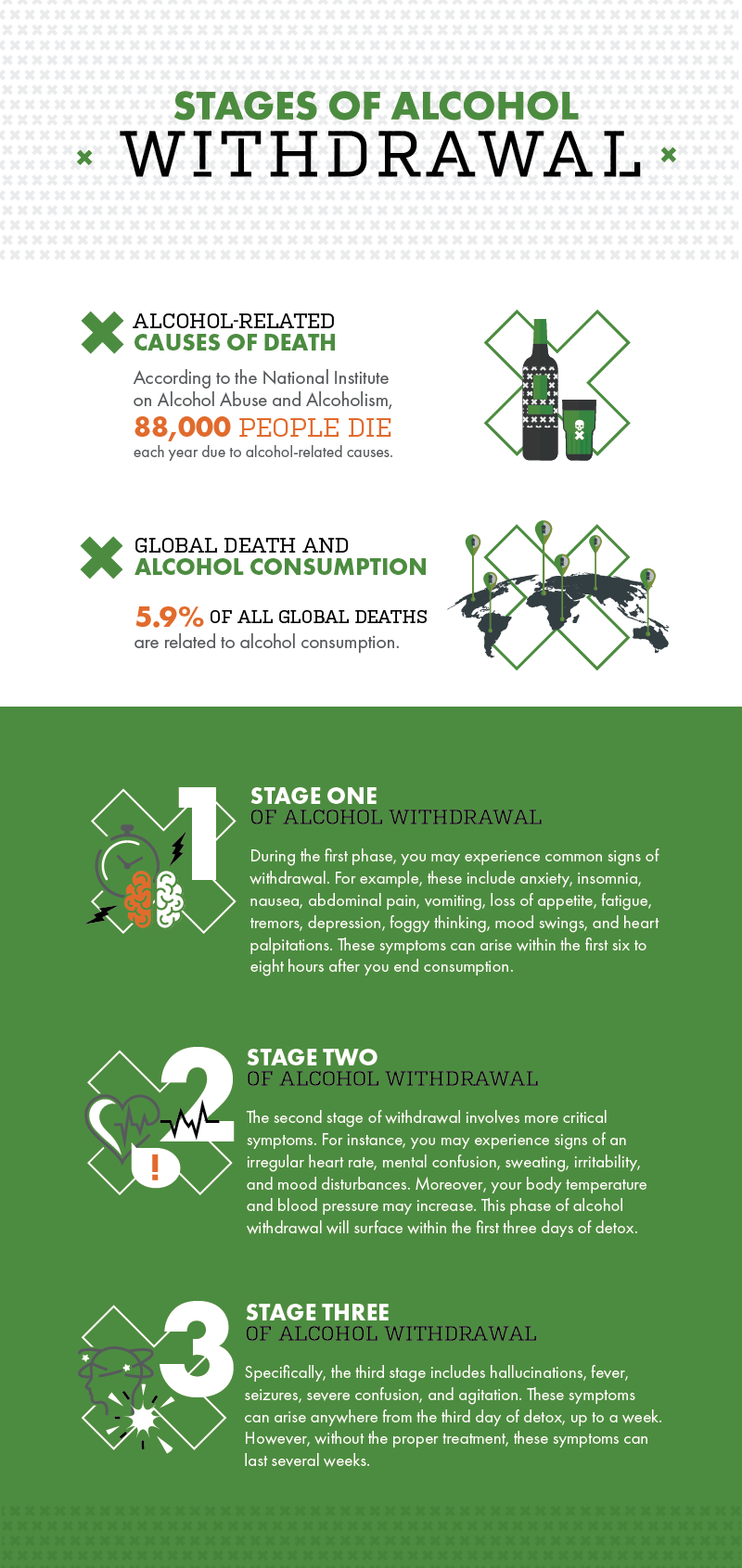Course To Liberty: How A Recovery Program Helps People Dominate Addiction
Course To Liberty: How A Recovery Program Helps People Dominate Addiction
Blog Article
Staff Writer-Sellers Long
Embarking on the path to healing is like navigating via undiscovered waters. A dependency therapy facility acts as a sign of hope, guiding you through the turbulent seas of dependency.
Yet what exactly takes place within these centers that can make a distinction in your journey in the direction of sobriety?
Let's check out the comprehensive technique and customized techniques utilized by dependency treatment facilities that can pave the way for lasting healing.
Holistic Technique to Healing
When looking for healing from dependency, a holistic technique considers the interconnectedness of physical, psychological, and psychological health. It stresses treating the entire individual rather than simply concentrating on the dependency itself.
By dealing with different elements of your health and wellness, such as nourishment, exercise, and stress administration, you can strengthen your general wellness and resilience. Taking part in tasks like yoga exercise, reflection, and mindfulness techniques can aid you establish dealing abilities and emotional regulation strategies.
Furthermore, building a solid support system with close friends, family members, and health care professionals is crucial for maintaining sobriety. Keep in mind, healing is a trip that entails nurturing your mind, body, and spirit to attain lasting health and wellness and wellness.
Healing Interventions and Counseling
Embracing restorative treatments and counseling plays a pivotal duty in the trip in the direction of getting rid of addiction by offering necessary emotional support and advice. These treatments can assist you browse the difficulties of dependency recuperation by providing customized approaches and dealing devices.
Here are four ways in which therapeutic treatments and therapy can sustain you on your course to sobriety:
1. ** Developing a Safe Area: ** Counseling sessions offer a risk-free and non-judgmental setting where you can freely discuss your struggles and feelings.
2. ** Building Coping Abilities: ** Restorative interventions equip you with efficient coping mechanisms to take care of triggers and cravings.
3. ** Identifying Underlying Issues: ** Therapy helps uncover underlying issues that might contribute to addicting actions.
4. ** Urging Self-Reflection: ** Via treatment, you can assess your journey, set goals, and job towards sustainable recovery.
Aftercare Support and Regression Prevention
Making use of aftercare support and applying regression prevention strategies are vital steps in keeping long-term sobriety after completing dependency treatment.
Aftercare support might include continuous treatment, support system, or sober living atmospheres to assist you remain responsible and connected to a sober neighborhood. Developing https://www.justice.gov/Usao-wdmi/pr/2022_0706_Sciamanna tailored regression prevention strategy with your therapy team can equip you with approaches to recognize triggers, deal with cravings, and stop regression.
Participating in routine check-ins with a counselor or enroller, exercising self-care, and learning healthy and balanced coping devices are necessary parts of aftercare assistance. Bear in mind, healing is a journey, and having a solid support group and relapse prevention strategies in position can considerably boost your opportunities of sustained sobriety.
Final thought
In conclusion, addiction therapy centers play a vital function in aiding individuals get over addiction by giving a holistic strategy to healing, therapeutic treatments, counseling, and aftercare assistance.
Despite the difficulties that might arise throughout the recovery process, bear in mind that these centers are geared up to provide the necessary tools and support required to accomplish soberness.
So, Learn Even more Here allow concern of regression hold you back - take that first step in the direction of a healthier, addiction-free life today.
